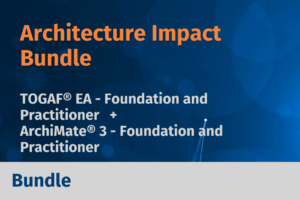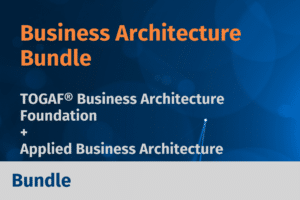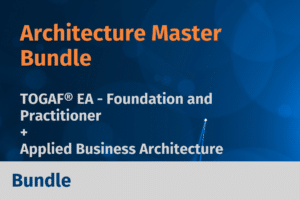Organisations gain and lose customers depending on how quickly they can meet the customer’s ever-changing demands. As such, the Agile Philosophy and Agile Principles have resulted in far-reaching benefits for organisations —what used to take years to bring to market now takes a matter of days or weeks.
The Agile Philosophy is centred on continuously enhancing the customer value of your products, to improve the way you deliver them and develop your team members. The Agile Philosophy is based on the agile manifesto.

The Agile Philosophy / Agile Manifesto:
We are uncovering better ways of developing software by doing it and helping others do it. Through this work we have come to value:
- Individuals and interactions over Processes and tools
- Working software over Comprehensive documentation
- Customer collaboration over Contract negotiation
- Responding to change over Following a plan
That is, while there is value in the items on the right, we value the items on the left more.
The Twelve Principles of Agile Methodology are the guiding principles for the Agile Philosophy / Agile Movement. When combined the Agile Principles describe a culture in which change is welcome, and the customer is the focus of the work. The Agile Principles also demonstrate the movement’s intent, which is to bring development into alignment with business needs.
The Principles of Agile Methodology are listed below;
- Our highest priority is to satisfy the customer through early and continuous delivery of valuable software.
- Welcome changing requirements, even late in development. Agile processes harness change for the customer’s competitive advantage.
- Deliver working software frequently, from a couple of weeks to a couple of months, with a preference to the shorter timescale.
- Business people and developers must work together daily throughout the project.
- Build projects around motivated individuals. Give them the environment and support they need, and trust them to get the job done.
- The most efficient and effective method of conveying information to and within a development team is face-to-face conversation.
- Working software is the primary measure of progress.
- Agile processes promote sustainable development. The sponsors, developers, and users should be able to maintain a constant pace indefinitely.
- Continuous attention to technical excellence and good design enhances agility.
- Simplicity–the art of maximising the amount of work not done–is essential.
- The best architectures, requirements, and designs emerge from self-organising teams.
- At regular intervals, the team reflects on how to become more effective, then tunes and adjusts its behaviour accordingly.




































































